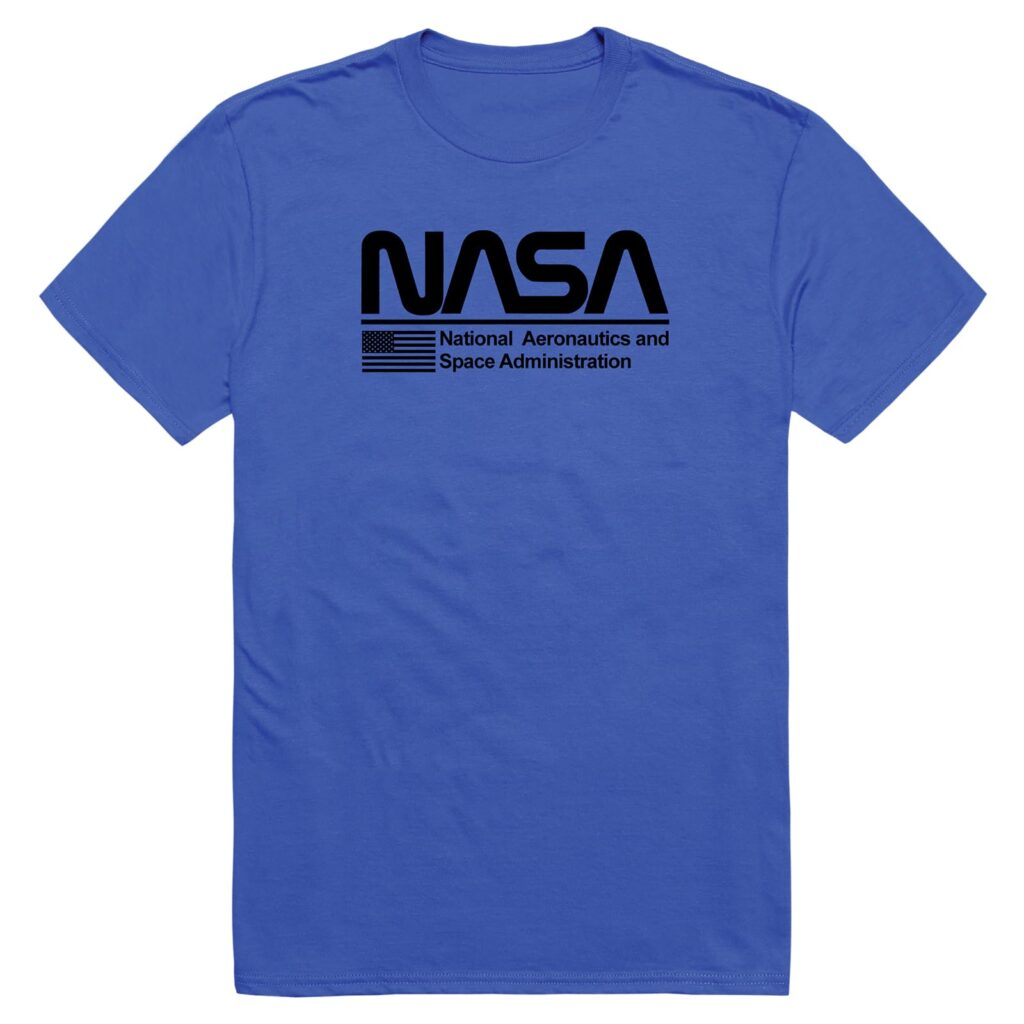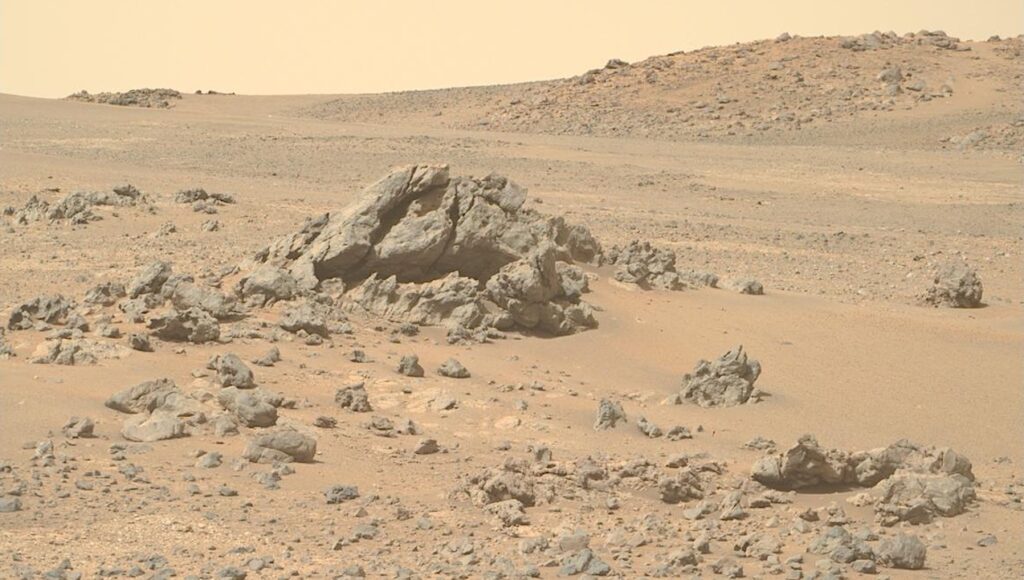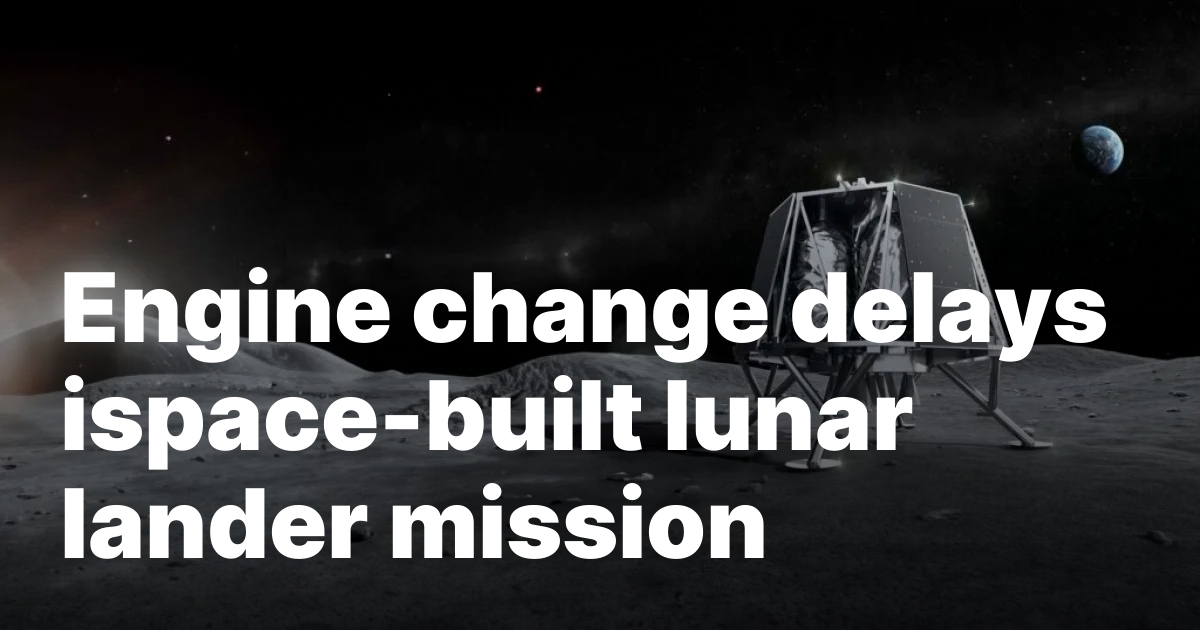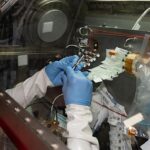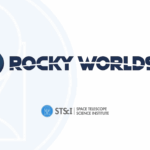Now Reading: Astronauts Thrive Amidst Extended Space Missions
-
01
Astronauts Thrive Amidst Extended Space Missions
Astronauts Thrive Amidst Extended Space Missions
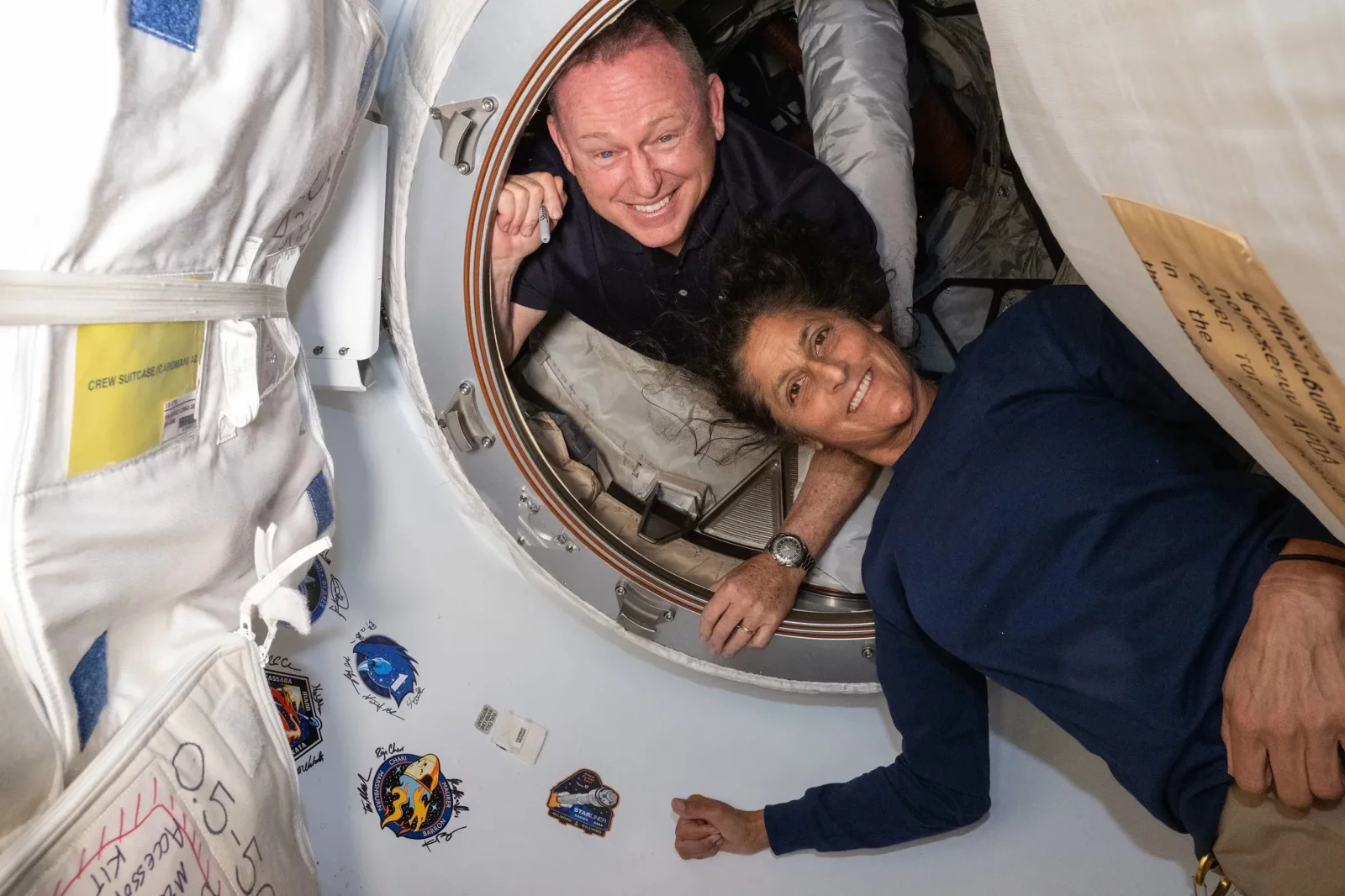

The saga of Butch Wilmore and Suni Williams, who found themselves in a prolonged stay aboard the International Space Station (ISS), offers just a glimpse into the rich tapestry of human spaceflight where episodes of being “stranded” have occurred throughout history. The term may evoke images of isolation, but for astronauts, these moments often become opportunities for exploration, scientific advancement, and personal growth.
Mark Vande Hei, a prominent figure in this narrative, provides a captivating case study. Originally set for a six-month mission aboard the ISS as part of Expedition 65, Mark’s journey took an unexpected turn during a unique intersection of cinema and science. In 2021, a film crew—including actress Yulia Perseslid—was slated to join the ISS for the filming of “The Challenge,” the first narrative film shot in space. This mission caused delays in astronaut rotations, extending Vande Hei’s stay to an astonishing 355 days. His positive outlook amid the uncertainty was palpable as he noted, “There’s a sense of novelty to it for me. It’s a new experience, and I’m looking forward to understanding how it feels to do something like this.” Such sentiments point to the resilient spirit of astronauts who view the cosmos as their canvas for exploration.
Similarly, Frank Rubio’s experience encapsulates the unexpected nature of space missions. Set to serve six months in space on Soyuz MS-22, Frank encountered unforeseen challenges when a micrometeoroid struck his spacecraft, causing coolant leaks. The decision was made to send the damaged Soyuz back to Earth without its crew, further complicating Rubio’s exit strategy. He ended up spending a remarkable 371 consecutive days in space, breaking this record for the longest single spaceflight by an American. In the face of the extraordinary conditions, Rubio maintained focus on his mission, eventually returning home to great fanfare and recognition.
The legacy of seemingly “stranded” astronauts can be traced back even further to Expedition 6, during which Ken Bowersox and Don Pettit were left aboard the ISS following the tragic Columbia disaster. Their extended stay, necessitated by the grounding of the Shuttle fleet, resulted in an unanticipated extension of their mission. Reflecting on the ordeal, Bowersox stated, “One of the positives that came out of everything was simply more time in space.” This pragmatic view shines light on the unyielding adaptability of astronauts to situations out of their control, transforming potential setbacks into unique opportunities for scientific research and camaraderie.
Sergei Krikalev, celebrated for his remarkable endurance, spent over 800 days in space, witnessing not just the realms of science but also monumental changes on Earth. His record includes a prolonged mission aboard the Soviet Mir space station, where political turmoil at home rendered his return uncertain. Krikalev’s tenure aboard Mir, at one point extending to 311 days, culminated in him being labeled “the last citizen of the USSR,” a poignant reminder of how interconnected space exploration is with our earthly context. The challenges he faced were not merely technical but deeply human, highlighting the personal sacrifices made by those who explore beyond our atmosphere.
In another earlier instance, the story of Vladimir Lyakhov and Valery Ryumin aboard Salyut-6 illustrates the tension that can arise when missions take unexpected turns. After a failed docking attempt with Soyuz 33, the crew found themselves having to adapt to an extended stay aboard the station for which they were not prepared. Reports of tension between the cosmonauts and mission control reflected the psychological challenges of extended stays in confined environments. Yet, this experience of having to adapt and overcome adversity is a hallmark of human exploration, whether on Earth or in the cosmos.
Being “stranded” in space, while it may initially invoke a sense of panic or distress, has historically led to profound moments of human resilience, adaptability, and scientific discovery. As the boundaries of space travel expand and new technologies emerge, the tales of astronauts like Butch, Suni, Mark, Frank, and Sergei serve as a testament to the enduring spirit of exploration, proving that in the vast universe, every challenge is an opportunity for growth and understanding.
Stay Informed With the Latest & Most Important News
Previous Post
Next Post
-
 01Two Black Holes Observed Circling Each Other for the First Time
01Two Black Holes Observed Circling Each Other for the First Time -
 02From Polymerization-Enabled Folding and Assembly to Chemical Evolution: Key Processes for Emergence of Functional Polymers in the Origin of Life
02From Polymerization-Enabled Folding and Assembly to Chemical Evolution: Key Processes for Emergence of Functional Polymers in the Origin of Life -
 03Astronomy 101: From the Sun and Moon to Wormholes and Warp Drive, Key Theories, Discoveries, and Facts about the Universe (The Adams 101 Series)
03Astronomy 101: From the Sun and Moon to Wormholes and Warp Drive, Key Theories, Discoveries, and Facts about the Universe (The Adams 101 Series) -
 04True Anomaly hires former York Space executive as chief operating officer
04True Anomaly hires former York Space executive as chief operating officer -
 05Φsat-2 begins science phase for AI Earth images
05Φsat-2 begins science phase for AI Earth images -
 06Hurricane forecasters are losing 3 key satellites ahead of peak storm season − a meteorologist explains why it matters
06Hurricane forecasters are losing 3 key satellites ahead of peak storm season − a meteorologist explains why it matters -
 07Binary star systems are complex astronomical objects − a new AI approach could pin down their properties quickly
07Binary star systems are complex astronomical objects − a new AI approach could pin down their properties quickly













